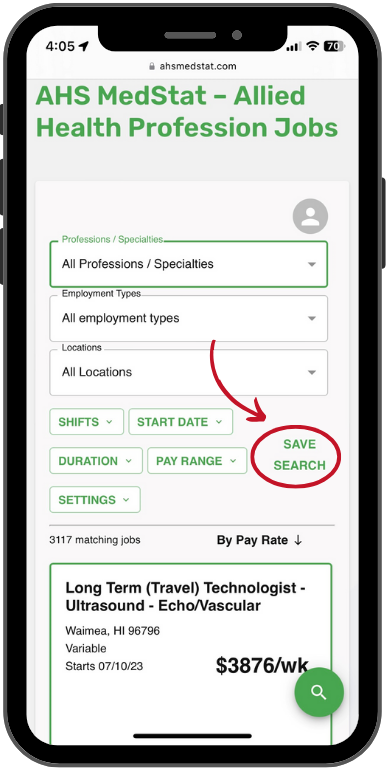Travel Nursing – Winning The Job By Interview
You have been submitted to a few travel nursing jobs. Your recruiter tells you to expect a call from the hospitals to conduct an interview. How can you best prepare to win the assignment? The following 6 tips can help you raise your game and present the best you!
- 1. Begin With The End In Mind. It is important to understand first what the hospital is looking for in a candidate. This understanding can help you tailor your responses to reflect your strengths and satisfy the hospital’s needs. While all hospitals are not alike, most are looking for 3 things: (1) Competence. Hospitals want a nurse that can “hit the floor running” with minimal orientation. (2) Personality. Hospitals want nurses with a good attitude, a team player mentality, and a strong work ethic. (3) Dependability. Hospitals want a nurse that is reliable. If a nurse isn’t there to apply her skills, then her skills hold no value.
- 2. Rehearse! Like an actress on Broadway, your interview is your play. Practice your responses. This will help eliminate the “Um’s”, the “You know what I means”, and will give you the ability to choose meaningful words that best describe you and your strengths. Ask your recruiter to role play with you. Ask your spouse or significant other also. Record yourself and listen to how you sound. Research the hospital that you are interviewing with. Write down the questions you plan on asking.
- 3. Set The Stage. Inform your family that you are expecting an interview call and to please keep noises to a minimum and to not interrupt you while you are on the call. When the interview call comes in, be sure to turn off your stereo, TV and anything else that might cause a distraction. Keep bottled water close by to stay off a dry mouth. Have a notepad and pen available for notes. Go into a secluded room of your house and shut the door. Be certain to ask the interview his or her name. Write it down. Clear your head and turn the focus to your career. Have your resume ready so you can refer to it. Keep your hospital research material in plain view. Have your questions ready.
- 4. What To Do And Not Do During The Interview. Be a good listener. Avoid interrupting the interviewer and let her complete her sentence or thought before you respond or seek clarification. Smile. Smiling changes the tone and inflections in your voice. Let the interviewer hear your smile. Speak slowly and enunciate clearly. If you can stand while you are on the phone, even better. This too helps project a positive upbeat voice. Do not smoke, chew gum or eat during the interview. Don’t doodle on your notes, surf the net, or glance through something to read. Keep your attention directed fully on the interviewer. Be comfortable with silence. Don’t feel compelled to fill gaps in conversation. If the silence is too uncomfortable, then ask a question you might have to break the silence. Most importantly throughout the interview, focus on what you can offer, what you can do, what skills you possess, and what type of equipment you have worked with. Sound positive and be self confident with a willingness to learn.
- 5. What Questions To Ask. In addition to personal questions you may have, here are some more to consider:
- a. What is the nurse to patient ratio?
- b. What types of patients are typically on the unit?
- c. What is the floating policy?
- d. Is support staff available (CNA’s, Patient Techs)?
- e. Is a unit secretary available?
- f. Is respiratory therapy available?
- g. Is OT/PT/ST available?
- h. Are lab techs available or do the nurses draw their own labs?
- i. Are there house physicians available?
- j. Does the hospital have an IV Team?
- k. Does the hospital have a Code Team?
- l. What is the charting method?
- m. Does the hospital use a medications system?
- n. What is the dress code for the unit?
- o. What is the orientation length?
- 6. What Happens Next? If you want the position, ask for it at the end of the interview. If you are unsure, don’t immediately turn it down. Think about it first. If after 24 hours you still don’t think it’s right for you, then turn it down. Keep your recruiter in the loop by discussing how you think the interview went and what direction you want to take.
Best wishes on landing your dream assignment,

